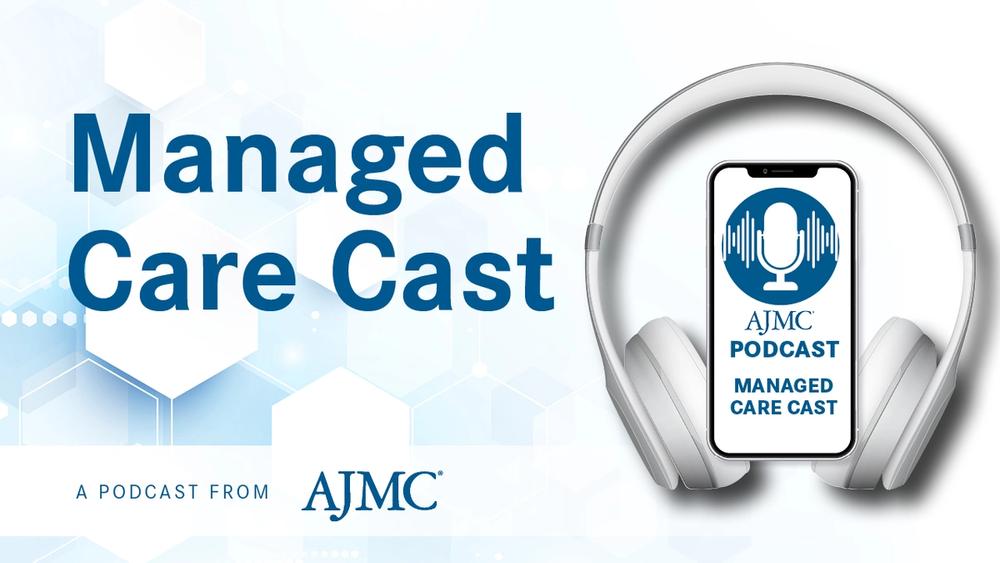Video
Dr Jan Hillert Discusses Emerging Therapeutic Targets for MS
While current therapies for multiple sclerosis (MS) that treat focal inflammation are beneficial for many patients, there are other crucial aspects of the disease, including brain volume loss, that are not clearly linked to this inflammation and that demand new therapeutic developments, said Jan Hillert, MD, PhD, professor and senior physician in the department of clinical neuroscience, Karolinska Institutet, Stockholm, Sweden.
While current therapies for multiple sclerosis (MS) that treat focal inflammation are beneficial for many patients, there are other crucial aspects of the disease, including brain volume loss, that are not clearly linked to this inflammation and that demand new therapeutic developments, said Jan Hillert, MD, PhD, professor and senior physician in the department of clinical neuroscience, Karolinska Institutet, Stockholm, Sweden.
Transcript
Can you provide an overview of your presentation on current therapeutic targets for MS?
We discussed the fact that the current therapies are all focusing on the adaptive immune system of the focal inflammation, the inflammatory events that are typical of the early stages of MS. We pointed out that the disease mechanisms are occurring long before you have the first symptom and long after you go into the late progressive phase in which inflammation is no longer present in the same way.
And this indicates that there are other mechanisms that are also at play in MS, and sort of the concentration on focal inflammation only gives a certain part of the answer of how to treat MS, so there is evidently a void there in our full capability of controlling this devastating disease.
There are elements of neuronal loss, of brain volume loss, which is very insidious but very stable throughout the course, which doesn’t seem to be connected very sharply with the focal inflammatory changes. And this is really interesting and potentially very important because the current drugs that we have, they do a lot of good, but they don’t do everything. They don’t prevent many of the patients from becoming progressive, and they seem to have very little effect in the progressive phase. Maybe a little bit in the beginning, but probably not in the long run.





